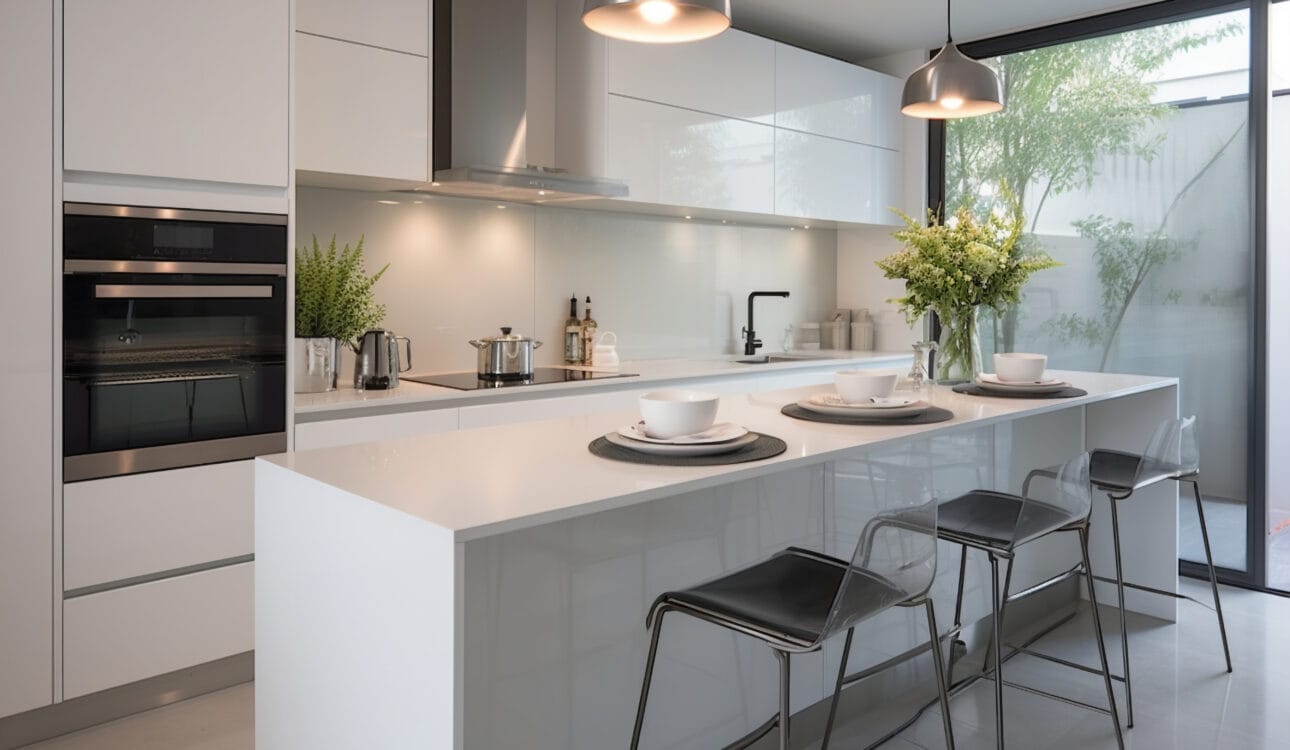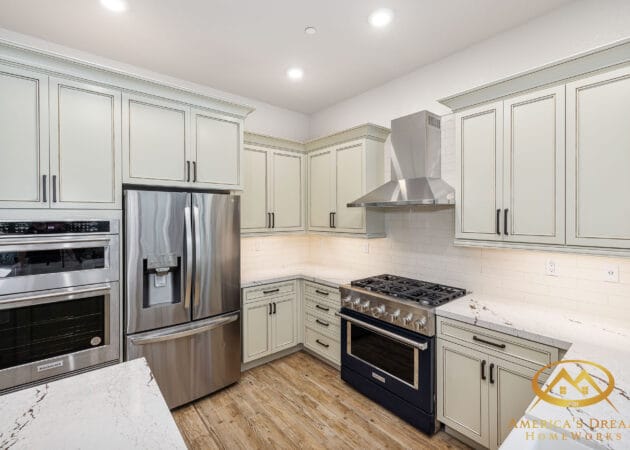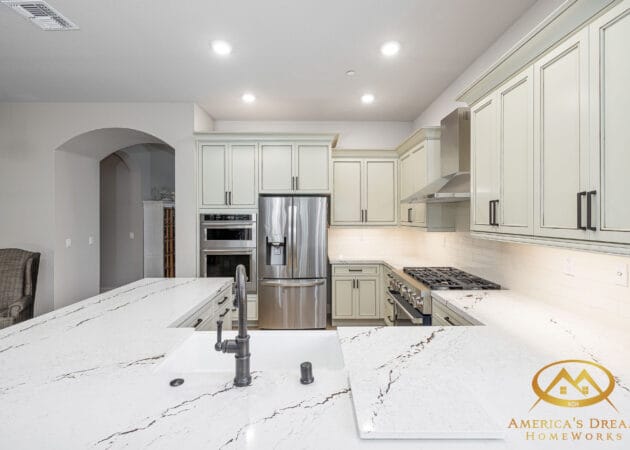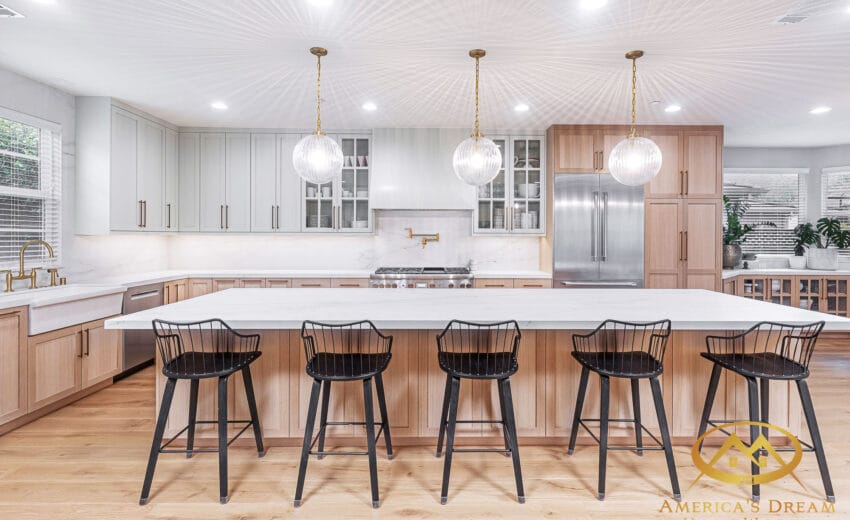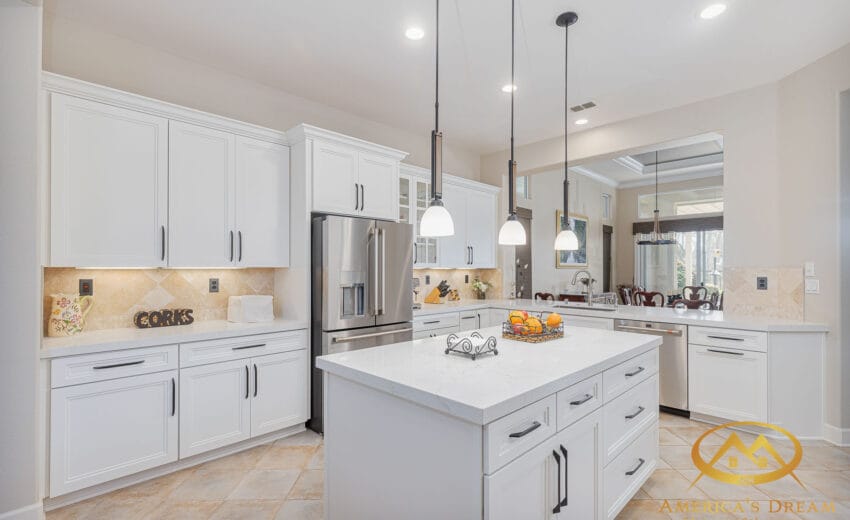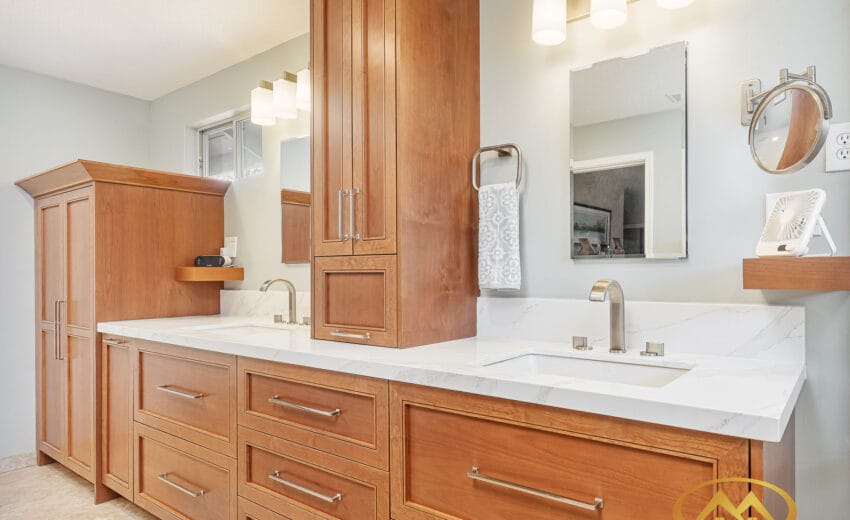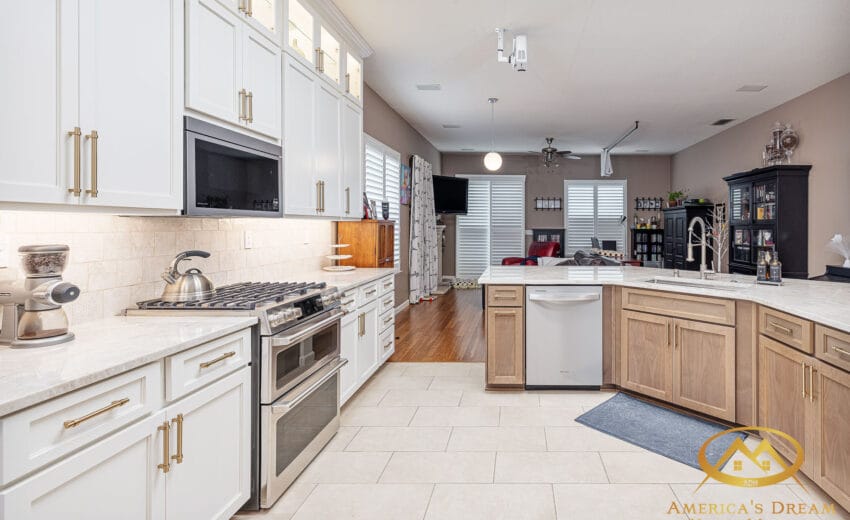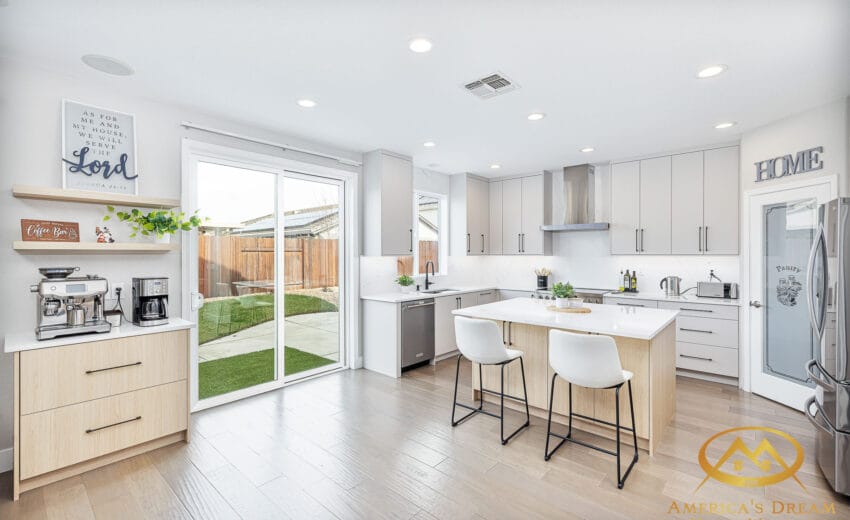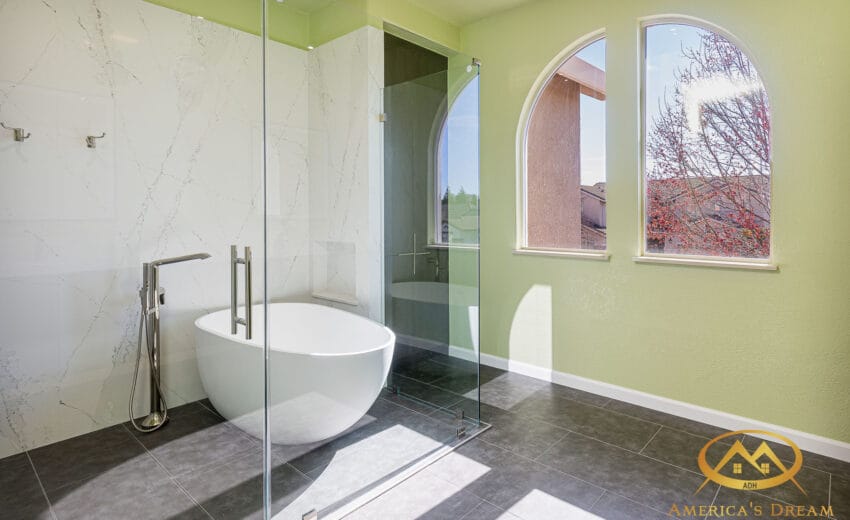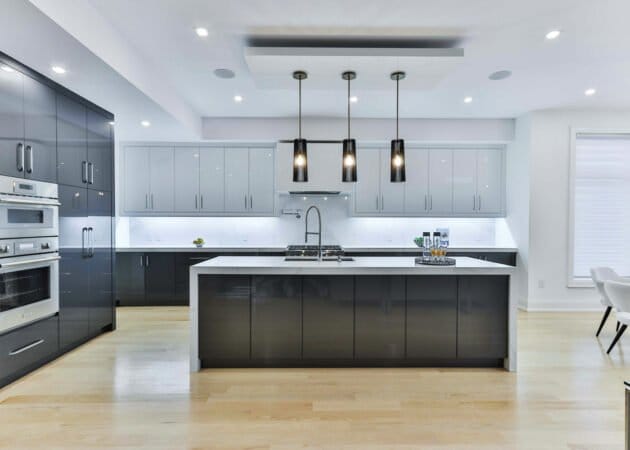When choosing quartz countertops for your home, one of the most important decisions you’ll face is selecting the right thickness. While quartz countertops are renowned for their durability and beauty, the thickness of the material can significantly impact both the aesthetic and the performance of your surfaces. So, how do you choose between 2cm and 3cm quartz?
In this article, we’ll explore the differences between these two options and help you determine which is best for your kitchen or bathroom.
1. What is the Difference Between 2cm and 3cm Quartz?
At first glance, the difference between 2cm and 3cm quartz is quite simple: one is thinner, measuring 2 centimeters thick, while the other is 3 centimeters thick. However, this difference in thickness has a range of implications for both the look and function of your countertops.
2cm quartz is a thinner, lighter option that can create a sleek, modern appearance. It often requires support underneath, such as plywood or brackets, to ensure stability. On the other hand, 3cm quartz is thicker and more substantial, providing a bold, high-end look without the need for additional support.
2. Strength and Durability: Which is More Sturdy?
When it comes to durability, both 2cm and 3cm quartz are incredibly strong, thanks to the natural hardness of quartz. However, 3cm quartz has the advantage of being thicker, which makes it slightly more resistant to damage from impacts or heavy loads. This extra thickness can be especially beneficial in high-traffic areas such as kitchen countertops, where heavy appliances and frequent use may occur.
2cm quartz is still a durable option, but because of its thinner profile, it may be more prone to damage if not properly supported.
Durability: Which One Reigns Supreme?
Both Dekton and Quartz are known for their strength, but each has its advantages.
Dekton is highly resistant to heat and scratches, making it ideal for high-traffic kitchens and outdoor spaces. Its durability ensures that even the most demanding cooking environments won’t leave a mark. However, Dekton’s hardness can make it slightly more brittle and prone to chipping if subjected to heavy impact.
Quartz, while not as heat-resistant as Dekton, offers excellent resistance to scratches and stains. Quartz is perfect for indoor applications like vanity countertops where you want a luxurious, yet low-maintenance surface.
Aesthetic Versatility: Choosing the Right Look
When it comes to visual impact, both materials offer versatility.
Dekton has a cutting-edge, contemporary aesthetic with its ultra-smooth surface and bold colors. The material comes in a range of finishes, from high-gloss to matte, allowing you to choose the perfect look for your space. Dekton is often favored by homeowners who want to make a bold design statement with a modern twist.
In contrast, Quartz provides a more natural, warm appeal. With options that replicate the look of marble and other natural stones, Quartz offers an earthy, organic feel that fits seamlessly into any interior design. It’s a popular choice for both bathroom vanity tops and kitchen countertops, blending elegance with comfort.
Check Our Recent Projects
6. Silestone Quartz: A Top Choice for Both 2cm and 3cm Options
If you’re looking for a quartz surface that offers flexibility in thickness, Silestone is an excellent choice. Known for its durability and variety of colors, Silestone quartz is available in both 2cm and 3cm options, allowing homeowners to choose the thickness that best suits their needs.
What is Silestone? It’s a popular quartz surface made from a blend of natural quartz and other materials, engineered to offer superior performance in any home setting.
7. Maintenance: Is There a Difference?
When it comes to maintenance, both 2cm and 3cm quartz are relatively low maintenance, as quartz is a non-porous material that resists stains and bacteria. Regular cleaning with mild soap and water is sufficient to keep both surfaces looking pristine.
The only potential maintenance difference is that 2cm quartz, due to its thinner profile, may be more vulnerable to chips and cracks, especially along edges, if not handled carefully.
The Final Decision: Which One is Right for You?
Choosing between 2cm and 3cm quartz ultimately comes down to your design preferences, budget, and the intended use of the countertop. If you’re looking for a sleek, modern look and want to save on material costs, 2cm quartz is a great option. However, if you prefer a more substantial, luxurious appearance with extra durability, 3cm quartz is the way to go.
Both thicknesses offer excellent durability and beauty, so you can’t go wrong with either choice!
Ready to Choose Between 2cm and 3cm Quartz?
Whether you’re leaning toward a sleek 2cm profile or a bold 3cm slab, our team is here to help you select the perfect countertop for your space. Explore our range of Silestone countertops and engineered stone countertops to find the ideal surface that fits your style and needs.
Contact us today to get started on your countertop project!
